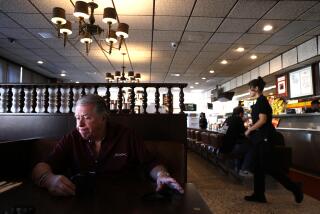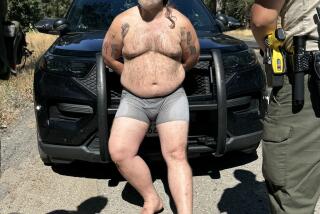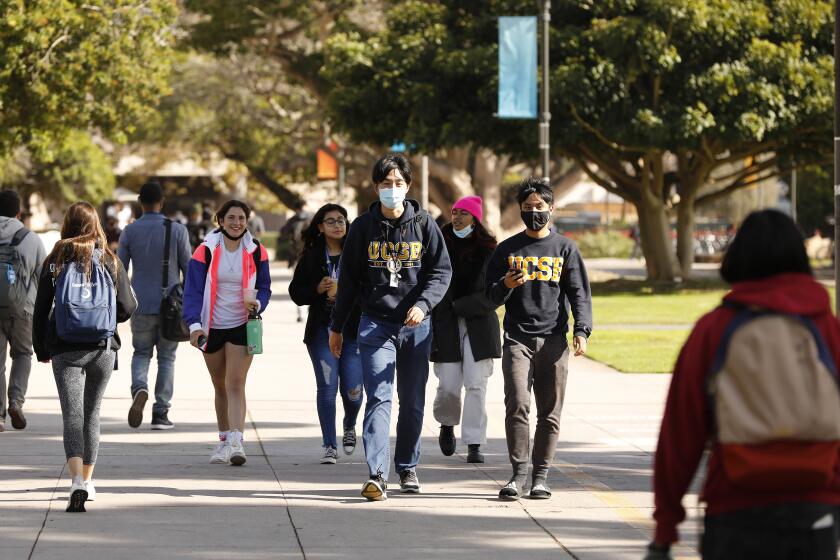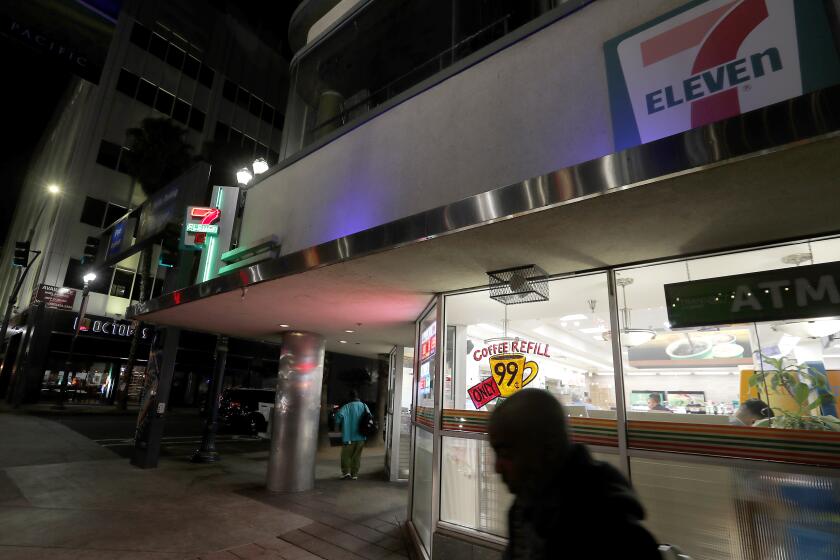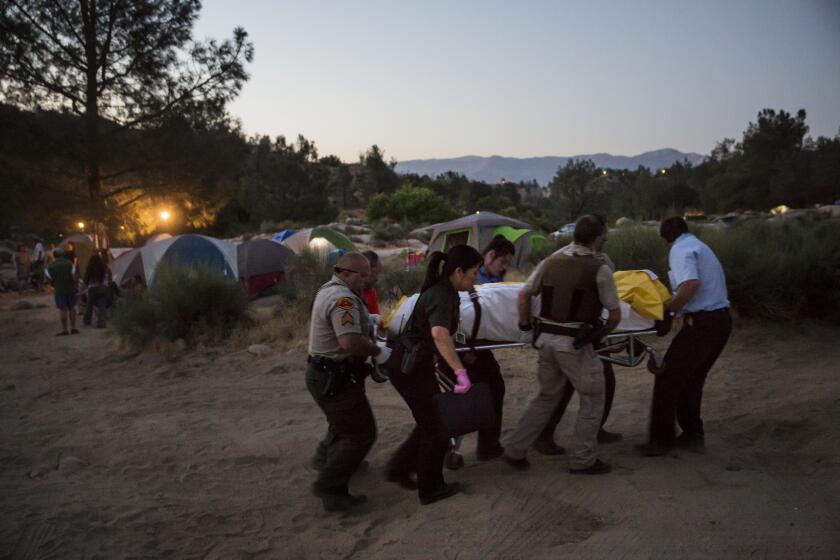Beach Booze Ban Foes Got Help From Distributors
When callers telephoning the Coast Distributing Co. are put on hold, the tape on the other end plays Budweiser commercials, such as, “When you say Bud, you’ve said it all.”
Apparently, the message was never truer than in the ongoing debate about whether to ban alcohol at local beaches and parks.
Coast Distributing, which handles the Budweiser account in San Diego County, was one of three local distributors that paid a total of $15,000 to help fund the People to Ban the Ban. The three contributions amounted to more than half the amount raised to overturn the ordinance, according to campaign disclosure reports filed with the city this week.
In all, People to Ban the Ban raised $28,170, almost every cent coming from either the beer distributors or small stores whose businesses depend in part on selling beer and wine.
The group lived up to its name, having stopped a ban on booze at city beaches and parks scheduled to take effect April 17. The City Council voted 7-0 in favor of the ban in February, but opponents gathered enough signatures to keep it from being enacted for now.
One of the primary reasons the campaign was successful was the “overwhelming” support of distributors and retailers, said Bob Glaser, a major organizer behind People to Ban the Ban.
The next round in the booze debate is Monday, when the City Council will decide whether to put the issue to the test of a referendum within the required 11-month period or simply rescind the ban altogether.
Council members Ron Roberts and Abbe Wolfsheimer, whose districts include the city’s coastal areas, said they’re leaning toward the latter option, with the hope of working out a compromise measure.
Glaser said a compromise “would be great,” but he was sharply critical of the tactics employed by both council members and proponents of the ban.
“Their whole approach was overkill,” Glaser said. “These local mom-and-pop stores who helped us out live and die with seasonal sales. The ban would have killed them.
“In the first go-round with the council, they were promised a task force, a deeper study of the issue. Never got it. They were promised a rational analysis. Never got it. Every single promise was broken.
“The council wanted to do what it wanted to do and didn’t care what kind of impact it had on the rest of us. Our only recourse was to stop it. And we’ll continue to do that, until they sit down and talk in rational terms that don’t destroy the entire (beer, liquor and wine) industry.”
Coast Distributing, Mesa Distributing (which handles Miller) and the Dan McKinney Co. (which handles Coors) each contributed $5,000 to People to Ban the Ban. Scores of contributions from small merchants ranged from $25 to $500, with the most common donation being $250.
Spokesmen for the distributing companies were unavailable for comment Friday.
Councilman Bruce Henderson criticized the anti-ban group, calling its methods “checkbook politics.” Wolfsheimer said that gathering signatures has become, in effect, a profit-making venture, with some people being paid for gathering signatures.
“You get a dollar a signature,” she said. “It’s a brand-new enterprise.”
Members of People to Ban the Ban said some signature-gatherers were paid to compensate for time away from full-time jobs.
Jerry Mailhot, treasurer for the group, said Friday that if the council had taken a more moderate approach--such as enacting a dusk-to-dawn rather than a total ban--opposition would not have been so strong.
“Under those circumstances, we would have been happy to work with the city,” Mailhot said. “And maybe that will happen now.”
More to Read
Sign up for Essential California
The most important California stories and recommendations in your inbox every morning.
You may occasionally receive promotional content from the Los Angeles Times.
